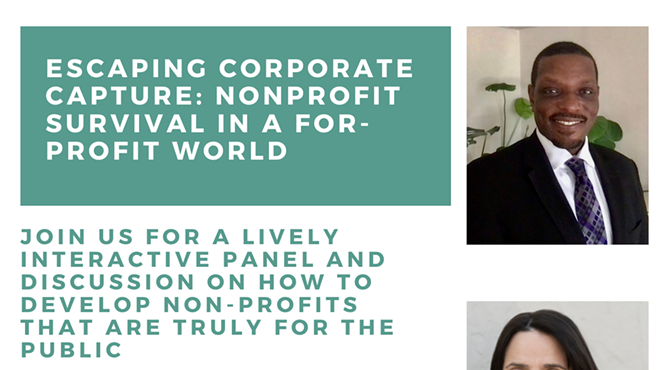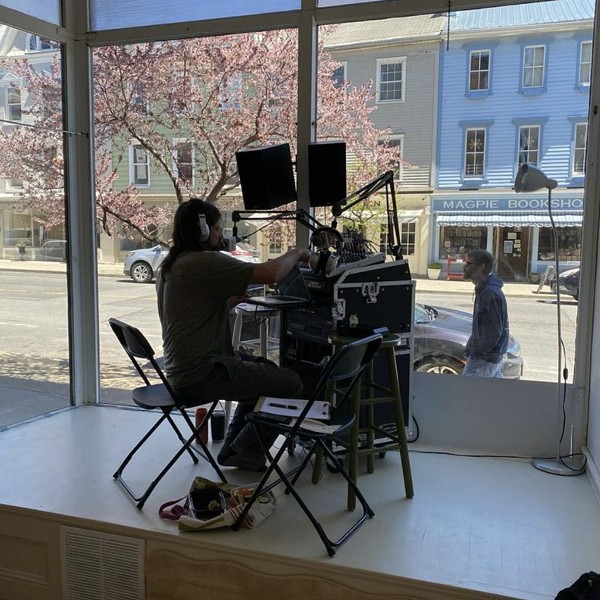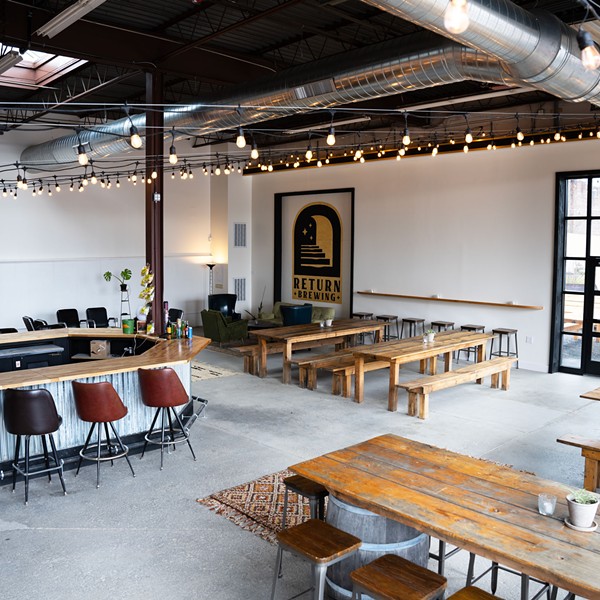In 2015, I founded the Liberi School in Hudson, a vibrant independent school encompassing students from Pre-K through Grade Eight. Last winter, the Liberi School was a bustling hive of integrated, hands-on activity—an idyllic space where children and educators could enter and immediately feel liberated to teach and learn—located in an inspired conversion of a former gourmet grocery store, with a spacious central room and smaller classrooms connected by glass walls.
As the pandemic wave reshapes the educational landscape of this country, school leaders are being challenged to forge new pathways into uncharted waters. In an era of masks and social distancing, I realized that the relaxed openness, freedom of movement, and dynamic exchange of ideas that drove Liberi's vibrancy could not be sustained. Yet, I also understood that, in having built the school, I needed to embrace the way of thinking that we instill in our students—a comfort with the unknown and a willingness to take risks in problem solving. Rather than operate in a prolonged state of limbo, waiting for a return to "normal" (a reference that has since lost its metric), we took a giant leap forward in the spirit of innovation. Liberi's mission to liberate children and teachers through creative education guided us to imagine new possibilities for how we educate.
In pivoting to remote learning last spring, I had been confident that Liberi's educational values would be invaluable to an online model. When the results exceeded my expectations, I decided to transform Liberi's vision into a 100 percent virtual model beginning September 2020 in order to bring freedom, creativity, joy, and stability to educators and learners at home. Now, collaborative learning, deep inquiry, and student agency are facilitated in the comfort of children's own spaces. Relationships and community are built as teachers and students get to know each other through their live online classes. We are able to create the optimal conditions for virtual learning: Children are seen and heard in small, discussion-driven classes; project-based emergent curriculum evolves with students' interests; community is woven across age groups with opportunities for social time, whole school projects, and guest visits into each other's virtual classrooms.
"We've been surprised how quickly we're gaining skills and moving through curriculum that in an in-person setting would take us much longer," says Aly Kantor, a core curriculum teacher. "There's no squabbling over who is sitting next to me or who took my pencils. The focus allows you to concentrate on school, tasks, learning, and collaboration. It's a responsive teaching and learning experience. To see the moment of mastery and act on it immediately, to see a moment of struggle and quickly change course and find the tools to help address it—it's individualized in a way that is exciting. There is no reason to wait. They will never be bored because we will always be able to challenge them and they will always rise to the occasion."
A virtual learning community is a unique modality that successfully fosters highly engaged teachers and learners in authentic human connection. It nurtures more independent yet connected lives. This is some of the value our new model creates:
• Virtual learning is highly personalized. Teachers can easily tailor instruction to each child and customize their content.
• Virtual learning is more focused. The learning process is decoupled from the distractions of group social pressures. Students and teachers can engage and optimize class time together without bringing in unhealthy social dynamics that can become obstacles to student success. It takes half the time to accomplish the same work.
• Virtual learning allows flexibility. There is no need for commuting. The student's life is freed up to pursue other passions, interests, sports, apprenticeships, and socializing.
• Virtual learning provides stability and continuity. You can live, move, or travel anywhere and continue to participate in classes.
• Virtual learning supports family culture. Children learn at home and parents are more involved in their education and socialization.
• Virtual learning lends itself to real-world problem solving and connects to students' lives and interests. Student agency and independence is built into the experience. Project-based collaboration, free flow of ideas, emergent curriculum (much like what we see in start-up cultures) allows intellectual and creative pursuits to go deep.
• Virtual learning has no geographical limitations. We can build a global, intercultural network. Students make connections with people living all over the world. Amazing teachers, diverse, and highly curated offerings can be delivered to typically under-resourced communities or locations.
Ken Robinson, a renowned educator who championed creativity, said, "One of the most distinctive features of human intelligence is the capacity to imagine, to project out of our own immediate circumstances and to bring to mind things that aren't present here and now." We envision a global community of learners all connected online. Partnerships and on-the-ground networks can support in-person opportunities including internships, fieldwork, makerspaces, nature education, sports, and play-based social groups.
The paradigm for education has shifted. We are evolving a model to meet the future needs of families and students who have experienced newfound flexibility and freedom in learning at home. A recent poll by the National Parents Union, a majority of parents want better remote learning options now, online options even after COVID, and more engagement in their child's education. Homeschooling families are estimated to grow by 10 percent. Disruptions help us solve problems. They help us become more creative—but only if we allow ourselves to end up somewhere different from where we started. Children should be spending more time with their families and living their life outside of a classroom. As educators and parents, we are faced with a once-in-a-lifetime opportunity for deepening learning. It is crucial that we take the time to ask ourselves: Where do we want to end up as a culture? Our children will thank us.
Jennifer Strodl is the director and founder of Hudson-based Liberi School.

















